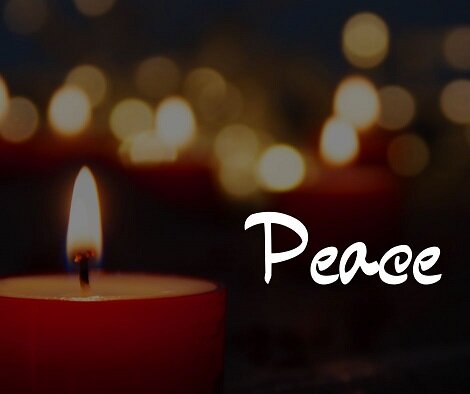The Father's Kingdom
/I remember hearing a story about a Cambodian man who felt God’s call to minister to Cambodian peasants who had been pushed off their land and forced to live in camps outside of town. These camps were in swamp land and lacked sanitation. The people had no access to healthcare and rarely found enough to eat. This missionary spent the first few years working to improve conditions. He drained the swamp (literally!). He helped people build homes. He brought in doctors and dentists to provide medical care. When asked how he knew to do all of this, here was his reply: “In the age to come, people won’t live in swamps without roofs, medical care, or food. So I just tried to make the camp more like God’s kingdom.”
This week we are praying for the Father’s Kingdom. We are praying, “Your kingdom come, your will be done on earth as it is in heaven.” Perhaps the best way to start is by imagining a challenge, obstacle, or struggle once heaven has been poured out over it. What is different for this person when God’s kingdom comes upon them? How does this situation change when heaven floods into it? Jesus invites us to pray his glorious future into our difficult present. Click the button below for a short video explanation of how to pray for the Father’s Kingdom.




















